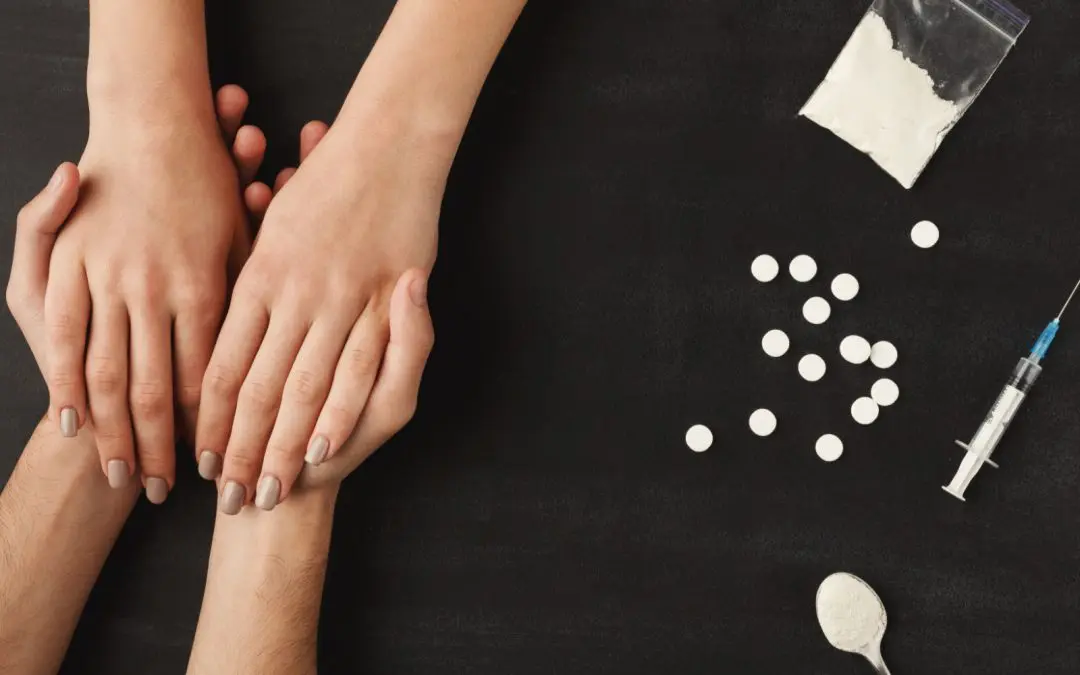24/7 Helpline:
(866) 899-111424/7 Helpline:
(866) 899-1114
Learn more about PTSD Treatment centers in Mc Bee
PTSD Treatment in Other Cities

Other Insurance Options

Amerigroup

Health Choice

Covered California

Molina Healthcare

Humana

Premera
Beacon

Excellus

Highmark

Choice Care Network

Regence

BlueCross

UnitedHealth Group

Magellan

UMR

EmblemHealth

Access to Recovery (ATR) Voucher

American Behavioral

Providence

Kaiser Permanente












